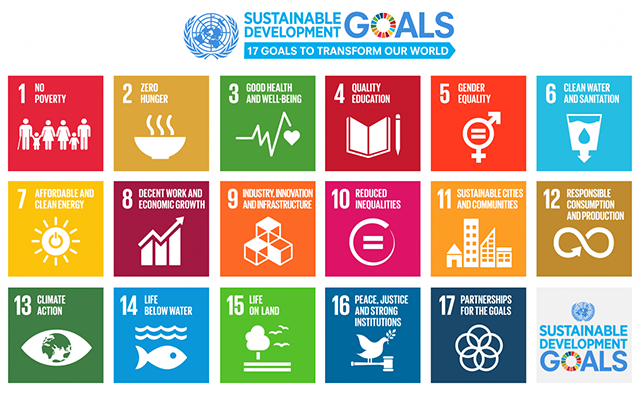PLANT
Location
Room A116
Document Type
Presentation
Type
Social Entrepreneurship (SocEnt)
Start Date
11-4-2018 9:30 AM
End Date
11-4-2018 10:00 AM
Abstract
Plant is a volunteer recruitment medium used to target victims of food deserts. Food deserts are environments in which people lack easy access to healthy food. For example, in a normal community, grocery stores allow people to get healthy food for a low cost. In a city like Chicago, there are countless places to get food. However, as grocery stores take up too much land area to be profitable in a city where land is extremely expensive, the only convenient low-cost options are fast food. Prolonged reliance on these foods create diseases such as Type II Diabetes - which can lead to death. As 23.5 million people live in these food deserts, it is important to understand them and the effects they can have on people. We are inspired by Ron Finley, a man who used gardens in urban environments to educate people about food deserts. He gathers people in his community to work together to plant vegetables, combating food deserts with healthy food and awareness. The target audience includes everyone affected by food deserts, yet hones in on those with a lower socioeconomic status in an urban environments (especially New Orleans, Chicago, Atlanta, Memphis, Minneapolis, San Francisco, Detroit, and New York).
Charity groups may use Plant for recruiting volunteers with ease. These organizations will be able to set up events through the app and monitor the number of volunteers who sign up. The volunteers using the app will easily be able to sign up for events near them, track the amount of time they spend there, and rate their experiences. PLANT’s sustainability falls on its autonomy, where maintenance is optional past publishing it, which we already have the capability to do. Revenue can be generated by using services such as AdMob to implement ads.
PLANT
Room A116
Plant is a volunteer recruitment medium used to target victims of food deserts. Food deserts are environments in which people lack easy access to healthy food. For example, in a normal community, grocery stores allow people to get healthy food for a low cost. In a city like Chicago, there are countless places to get food. However, as grocery stores take up too much land area to be profitable in a city where land is extremely expensive, the only convenient low-cost options are fast food. Prolonged reliance on these foods create diseases such as Type II Diabetes - which can lead to death. As 23.5 million people live in these food deserts, it is important to understand them and the effects they can have on people. We are inspired by Ron Finley, a man who used gardens in urban environments to educate people about food deserts. He gathers people in his community to work together to plant vegetables, combating food deserts with healthy food and awareness. The target audience includes everyone affected by food deserts, yet hones in on those with a lower socioeconomic status in an urban environments (especially New Orleans, Chicago, Atlanta, Memphis, Minneapolis, San Francisco, Detroit, and New York).
Charity groups may use Plant for recruiting volunteers with ease. These organizations will be able to set up events through the app and monitor the number of volunteers who sign up. The volunteers using the app will easily be able to sign up for events near them, track the amount of time they spend there, and rate their experiences. PLANT’s sustainability falls on its autonomy, where maintenance is optional past publishing it, which we already have the capability to do. Revenue can be generated by using services such as AdMob to implement ads.



Comments
UN Sustainable Development Goal: Sustainable Cities and Communities